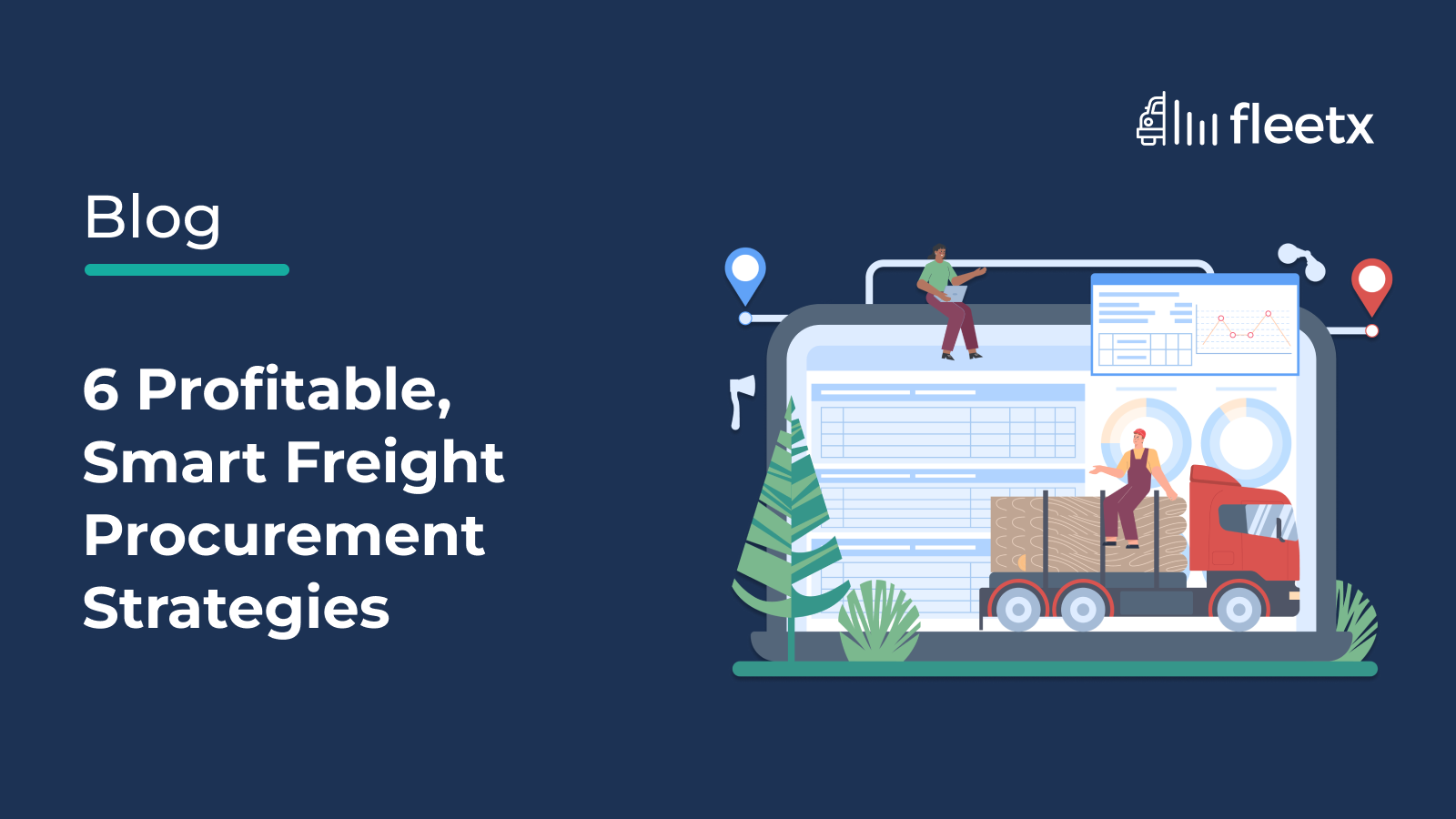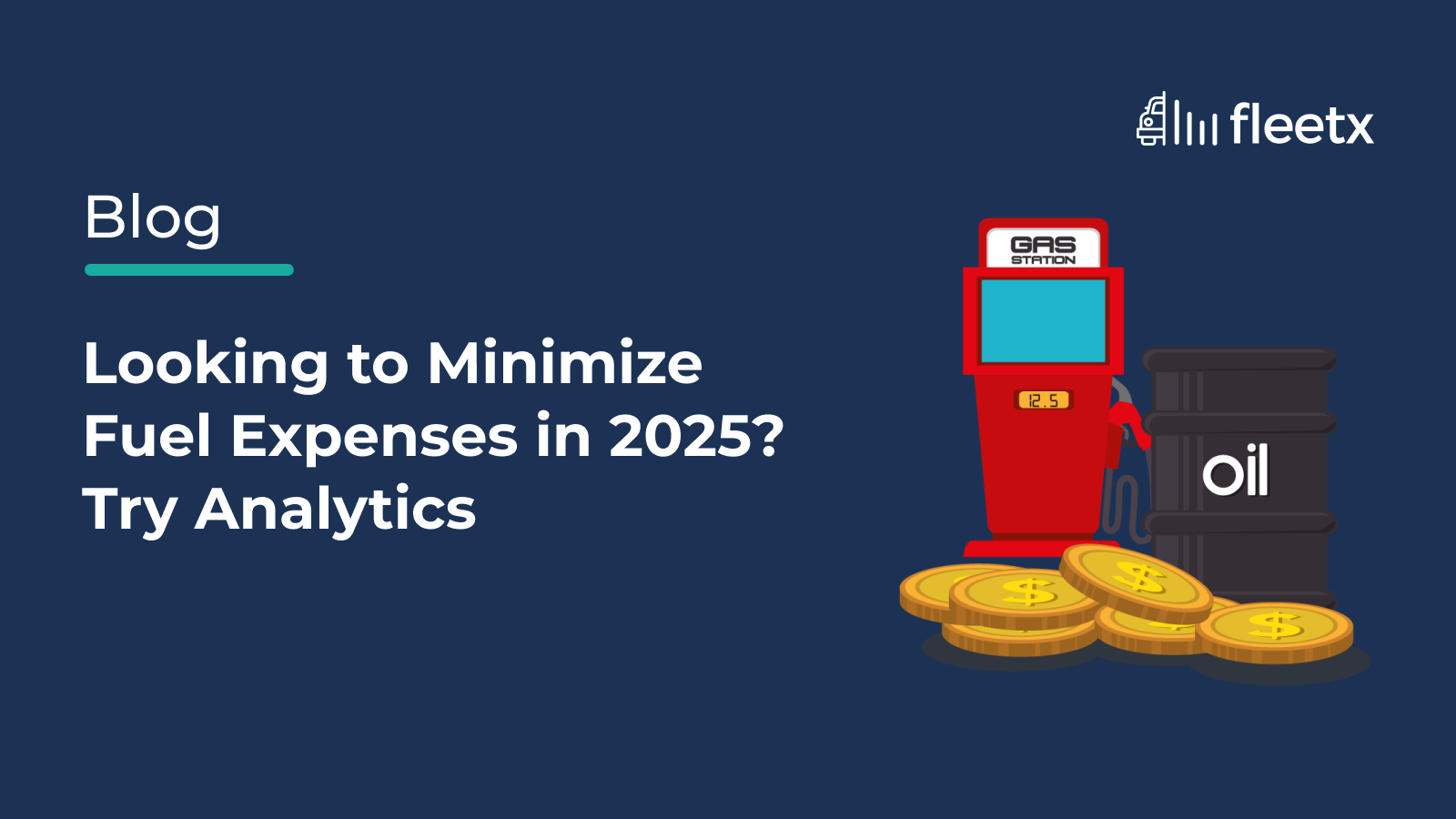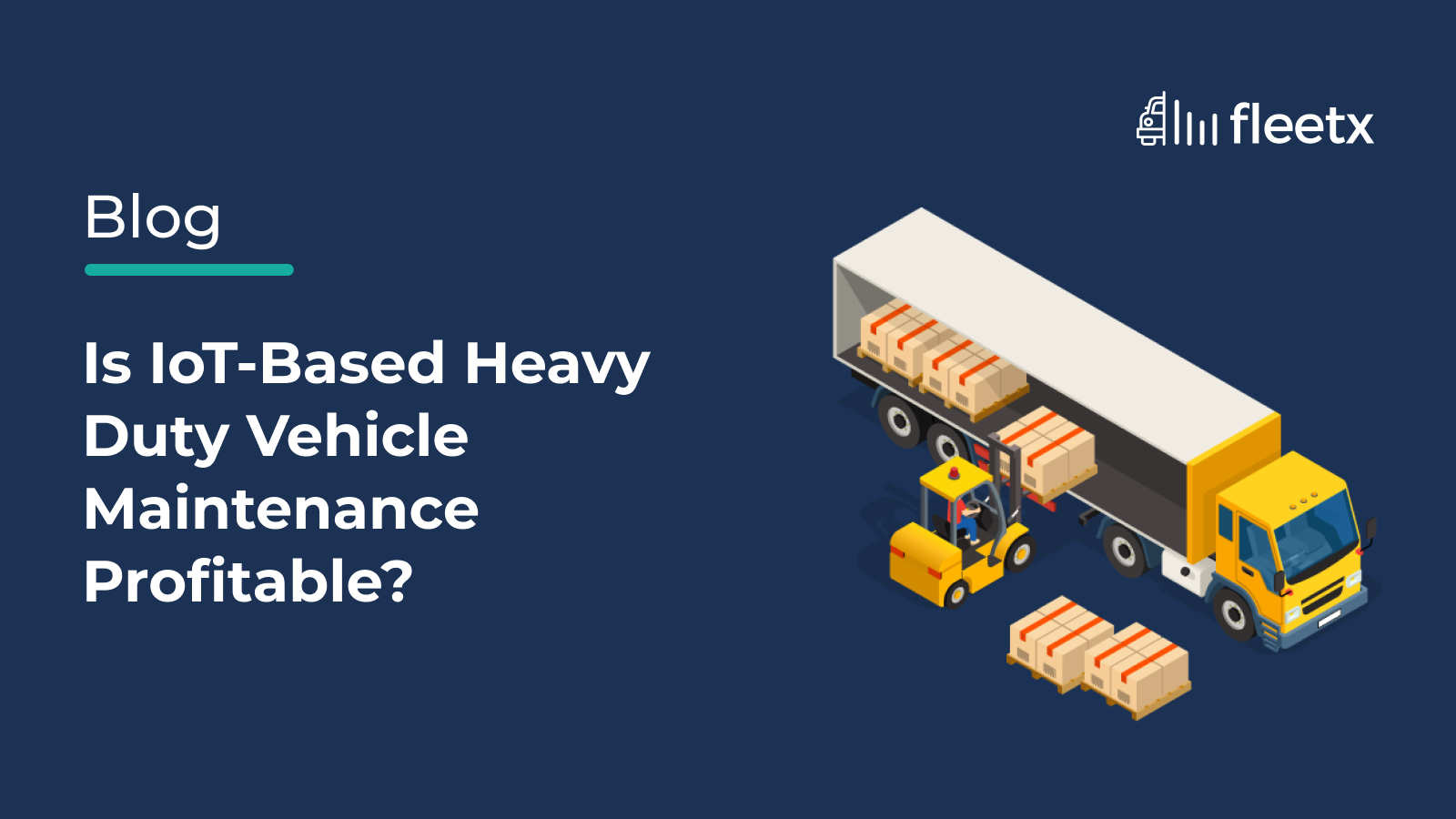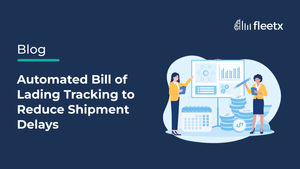
Inflation, geopolitical dynamics, capacity limitations, and sustainability concerns have complicated logistics operations considerably. For freight procurement teams, the pressures compounded multifold due to outdated systems and a fragmented market scenario.
A key player in this challenging landscape is freight procurement, which significantly impacts the overall supply chain efficiency and, by extension, an organization’s profitability.
Importance of Freight Procurement Process in Modern Supply Chain Functions
For the supply chain participants to become market leaders, a resilient freight procurement strategy has to be in place. That brings up another important question – is your freight sourcing strategy following the old-school practices involving email RFX and Excel files? If yes, then you may fall short of getting satisfactory results. The reasons why an updated strategy is needed include:
- To ensure optimum operational efficiency for uninterrupted supply chain functioning
- To keep budgets under control
- To keep customer satisfaction intact
- To be agile enough to adjust to dynamic market conditions
- To position businesses with a competitive edge
The Primary Freight Sourcing Challenges
Procurement leaders face several internal and external challenges that hamper their freight operations -
Heavy Cost Involvement
Fuel price variations, inflation, and geopolitical instability drive transportation rates higher. Studies indicate this as the biggest challenge faced by transporters.
Lack of Real-Time Visibility
With no direct view of the strategic freight procurement and spend analytics, anomalies can’t be proactively identified by comparing the numbers with previous years.
Spot Sourcing Inability
Dynamic procurement of freight capacity becomes a critical consideration whenever emergencies arise but is not given enough importance otherwise.
Data Unavailability
Lack of insight into active fleet mix, operator network, financial performance, and others creates gaps in the data infrastructure and hampers smooth decision-making.
Technology Avoidance
The rate of digital adoption is stunted in the Indian logistics market, disrupting data-driven decision-making and hampering planning efficiency.
How Can Freight Managers Streamline Procurement?
Data-Based Carrier Selection
The success of the freight procurement process depends on selecting the ideal carrier. Carriers are chosen based on –
- Costs Involved – Comparing multiple carrier rates to find the most profitable pricing.
- Service Standards – Carrier metrics to assess the efficiency of delivery schedules and damage prevention.
- Reliability – Carrier’s market reputation and track record.
Contract Negotiation
Effective negotiation is important to protect the interests of both shippers and carriers. The elements involved are –
- Well-Defined Terms – To lay out the service levels, delivery timelines, and non-compliance penalties.
- Fair Pricing – Ensures optimum pricing levels to reflect market conditions and service standards.
- Risk Mitigation – Clauses marking potential risks like delays, damages, and other unforeseen events.
Performance Monitoring
Constant monitoring of shippers’ performance standards ensures adherence to the terms and conditions, and relates to assessing -
- Compliance Checks – To verify that carriers adhere to the pre-defined service agreements.
- KPI Fulfilment – Tracking performance KPIs such as delivery times, instances of damage, and customer satisfaction rates.
- Scope of Improvement – Utilizing performance data to enhance carrier services.
Procurement Flexibility
How quickly shippers adjust to freight requirements and changing market conditions, especially in last-minute needs, determines the efficiency of freight operations, involving –
- Flexible Contracts – Contracts that can be adjusted to accommodate varying volumes and routes.
- Alternative Options – A network of carriers to switch to when required.
- Operational Adaptability – Process implementations that respond swiftly to changes.
Predictive Analytics
Shippers can gain insightful information into freight market trends regarding –
- Pricing & Capacity – Market data analysis that predicts price changes and capacity gaps.
- Cost Prediction – Enabling future freight cost prediction based on historical data and market conditions.
- Scope of Negotiation – Strengthening negotiation status using data-driven insights.
Spot Sourcing
A freight procurement strategy that is particularly beneficial for shippers to –
- Save Costs – To avail of the lower rates available in the spot market during periods of excess capacity.
- Enhance Operational Flexibility – Shippers can respond in situations that require immediate transportation without existing long-term commitments.
- Improve Market Responsiveness – Transporters can adjust their shipping strategies based on current market conditions and demand.
Why is the Industry Focusing More on Automating the Process?
With technological advancements, the logistics industry is gradually shifting toward automation, and the benefits are for everyone to witness.
Lower Freight Expenses
With automation, the amount of paperwork and manual labor is reduced significantly, bringing human errors down. This directly impacts the financial losses and leads to higher ROI in the long run.
End-to-End Visibility
Digital tools enable complete visibility over every aspect of logistics operations, including freight procurement. Automated invoice payment reports, purchase orders, and other relevant transaction details help shippers minimize delays.
Higher Productivity
Procurement teams can focus on other strategic activities such as rate negotiation, cost analysis, ideal carrier selection, and so on, with automated tools handling mundane tasks like bid validation, duplicate invoice checks, and rate comparison.
Building Better Customer Relationships
All freight details available on a single platform make it easier to cater to customers faster and better. It paves the way for building lasting customer relationships.
Agile Freight Operations
A transparent procurement process provides actionable insights that provide important guidelines for predicting future demand and supply trends and being future-ready.
Secure Maximum Productivity by Automating Freight Sourcing
Automating freight procurement enables businesses to streamline logistics, reduce manual efforts, and provide cost-effective transportation. By leveraging AI-driven strategies, Fleetx enables businesses to find the best carriers, compare rates, and optimize routes that reduce delays and human errors.
Partnering with such an experienced solution provider offers a wide scope of growth and profitability.




